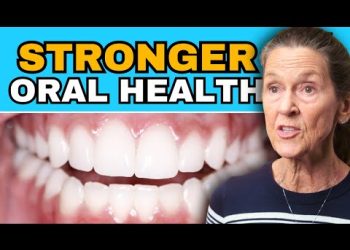Introduction to Dental Hygiene
Oral health is a crucial component of overall well-being, yet many of us overlook the intricacies involved in maintaining optimal dental hygiene. In this article, we will uncover seven essential dental hygiene tips that are often overlooked but significantly beneficial for healthy teeth and gums.
The Correct Way to Floss
While many understand the importance of flossing, fewer are aware of the proper technique. Flossing correctly involves using a cleaning motion as opposed to a sawing motion. Ensure that you wrap the floss around each tooth and guide it up and down. This technique is vital for removing debris from the sides of the teeth, rather than merely snapping the floss in and out.
Alternatives to Traditional Flossing
Not everyone finds traditional string floss convenient. Fortunately, there are alternative methods available, such as water flossers, interdental brushes, and floss picks. These tools can be just as effective, provided you employ the proper technique. Consult with your dental hygienist to find the best solution for your oral care routine.
How Often Should You Brush?
Brushing at least twice daily is paramount. Aim to brush immediately upon waking and again before bed. If you choose to brush after breakfast, wait 30 minutes post-food. Complementing your nighttime brushing with flossing will further enhance your dental hygiene regimen.
Understanding Plaque and Tartar
Plaque can be effectively removed at home through proper brushing and flossing habits. However, tartar, a hardened form of plaque, cannot be tackled without professional help. Regular dental visits are essential for the removal of tartar, ensuring comprehensive oral cleanliness.
Preventing Cavities
Skipping a single night of brushing and flossing can increase your risk of cavities. Drinking water after meals and using xylitol products can neutralize acids in the mouth, further protecting teeth. Routine dental X-rays are crucial in detecting cavities early, simplifying subsequent treatment procedures.
The Impact of Diet
Snacking frequently throughout the day can be detrimental to dental health. It’s healthier to designate a specific time for all snacks, minimizing prolonged contact of sugary or carbohydrate-rich foods with teeth. Surprisingly, certain fermentable carbohydrates may pose a greater threat to dental health than various sugary candies.
Recognizing Early Signs of Dental Problems
Many dental issues go unnoticed until they reach advanced stages. Small cavities and early gum disease are often painless, making routine check-ups critical for early detection and intervention. Regular dental visits allow for the management of issues before they escalate into more severe problems.
Conclusion
Maintaining dental health requires a combination of proper home care and regular professional check-ups. Committing to daily brushing and flossing, understanding your dietary impact, and visiting your dentist routinely are key strategies for a healthy smile. By incorporating these little-known tips into your routine, you can significantly enhance your oral health and prevent future issues.











